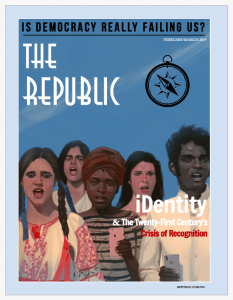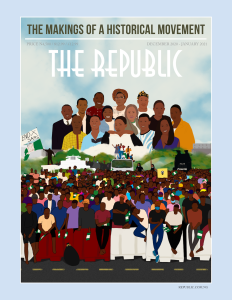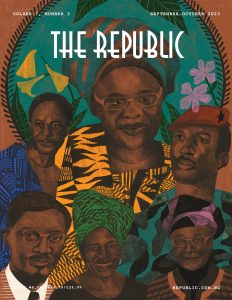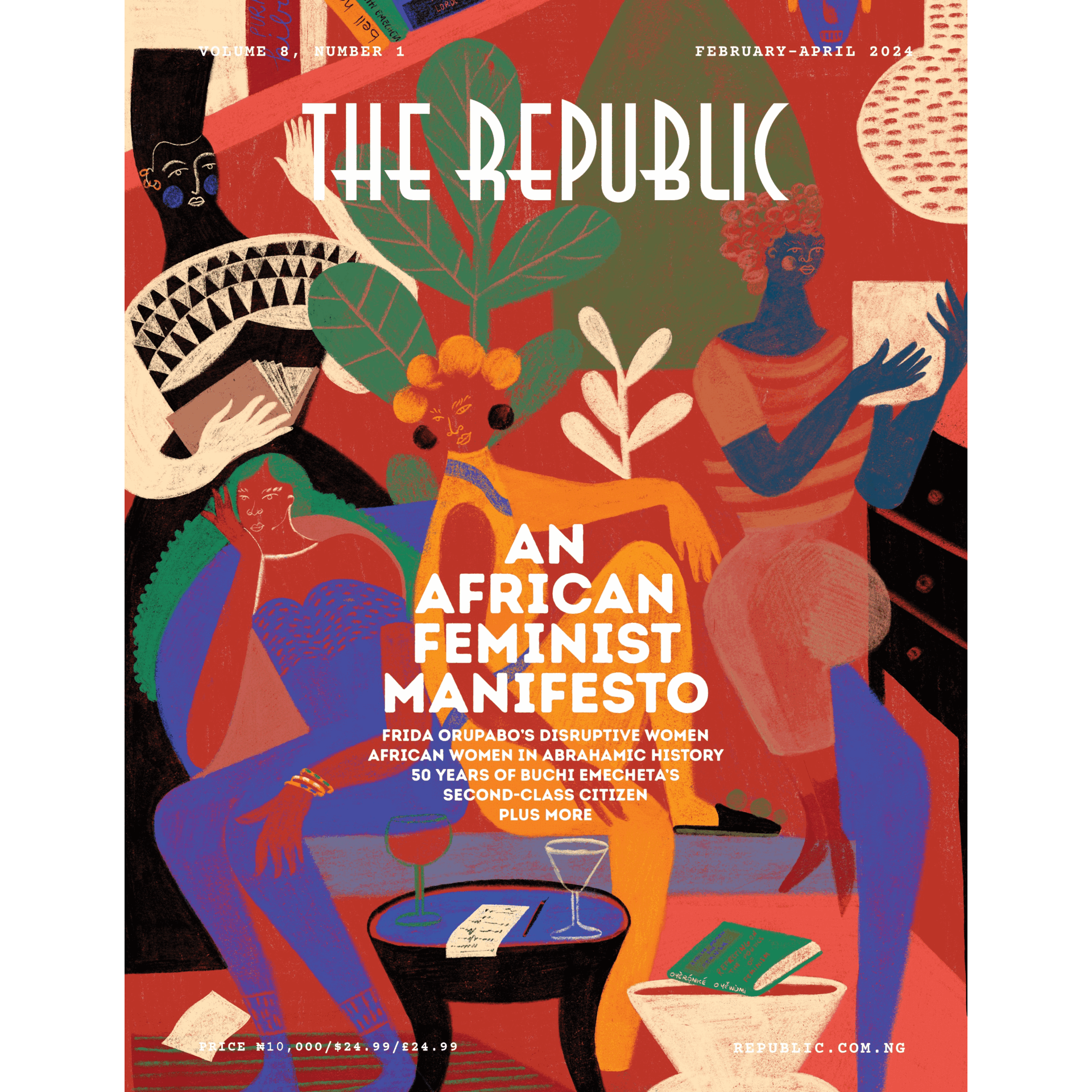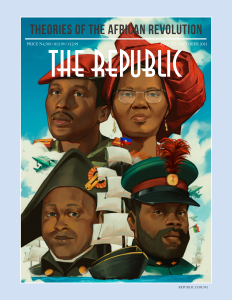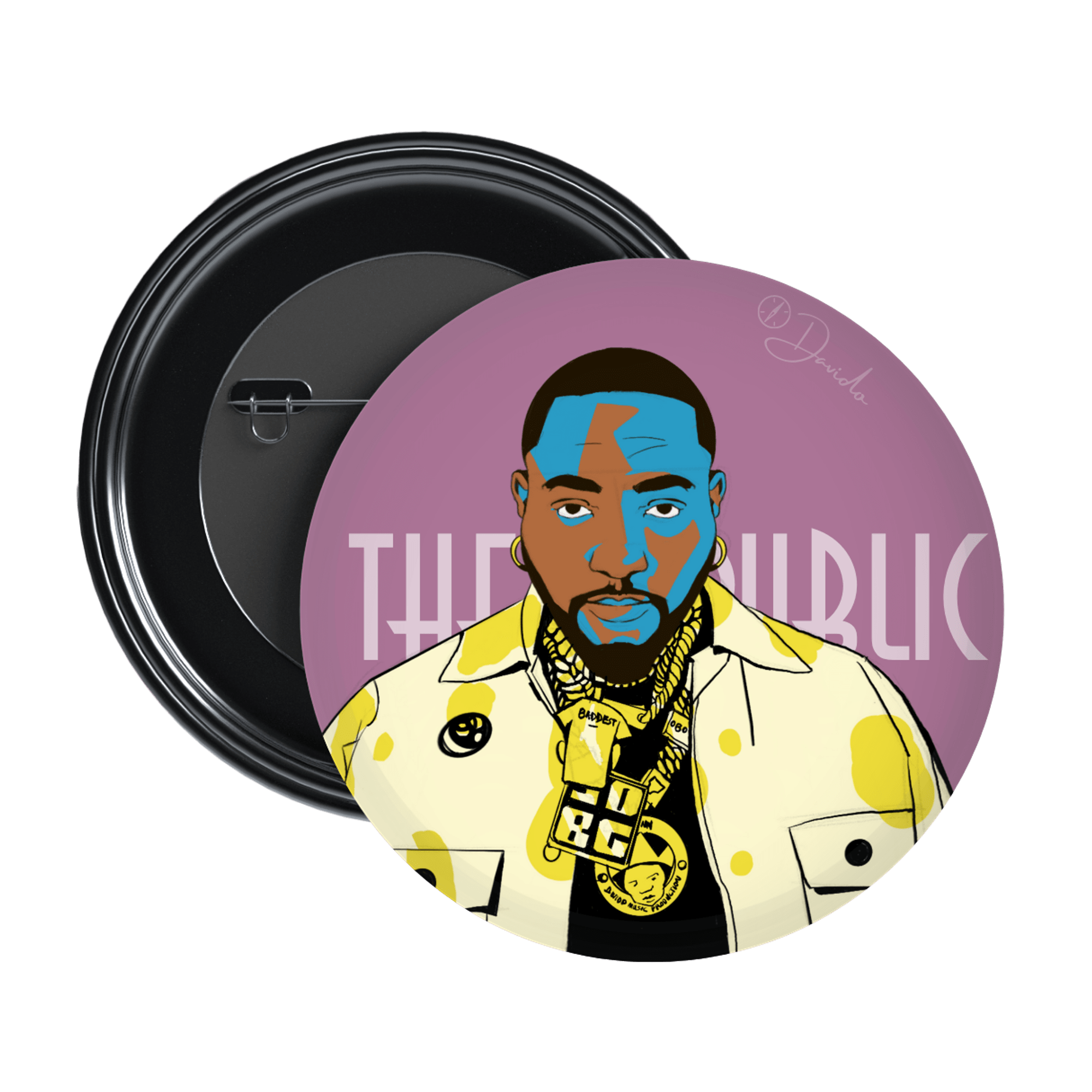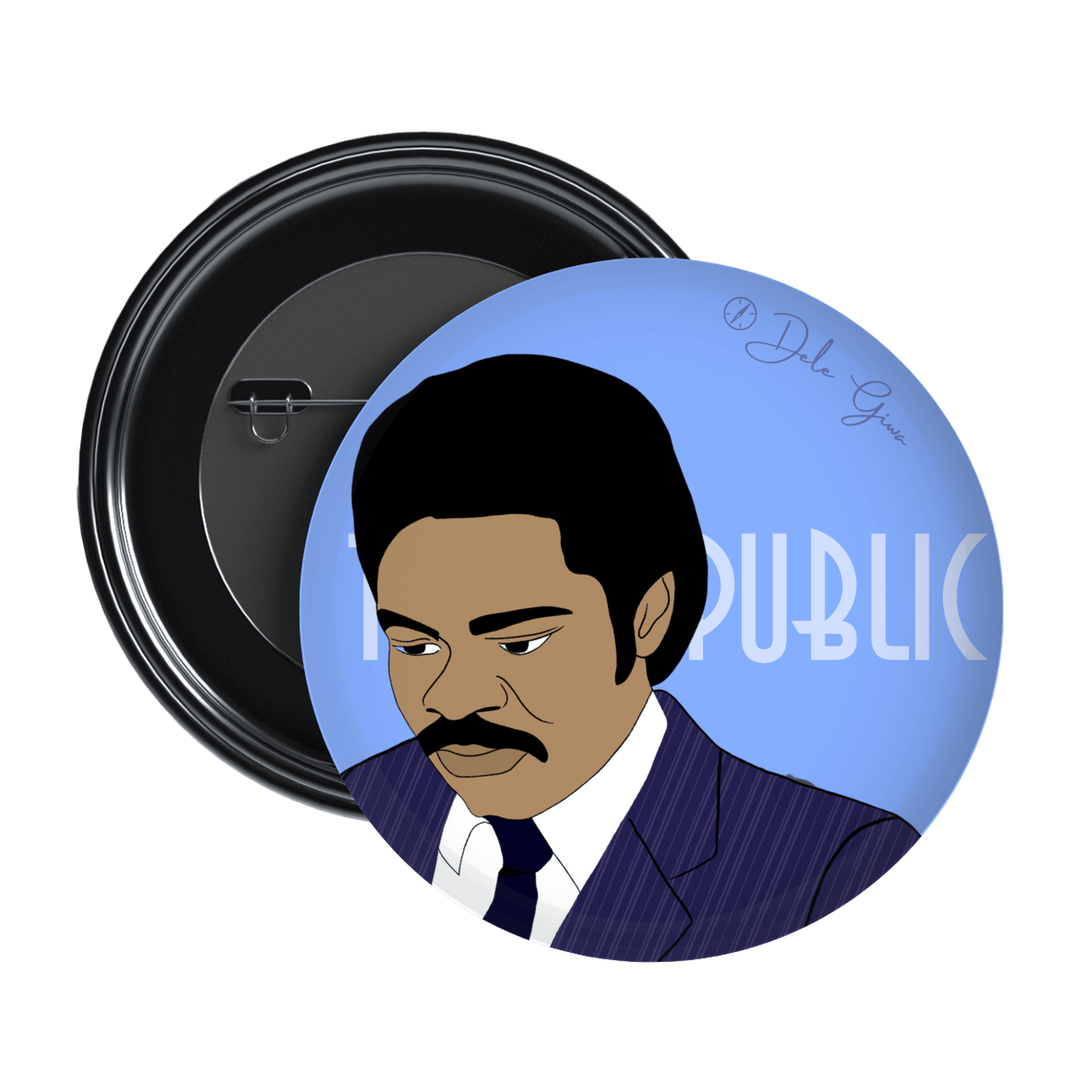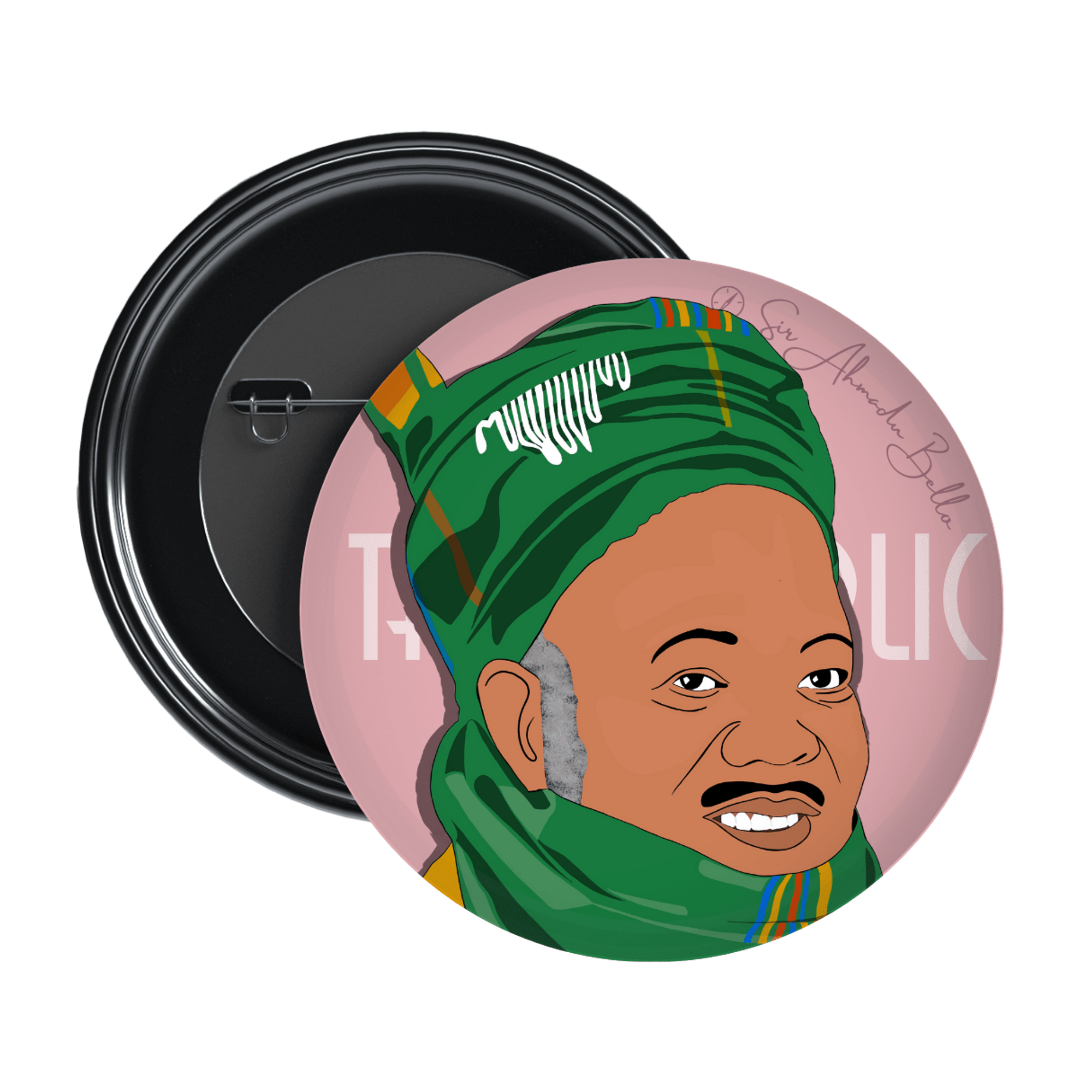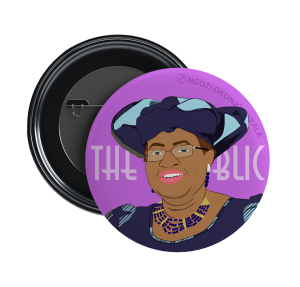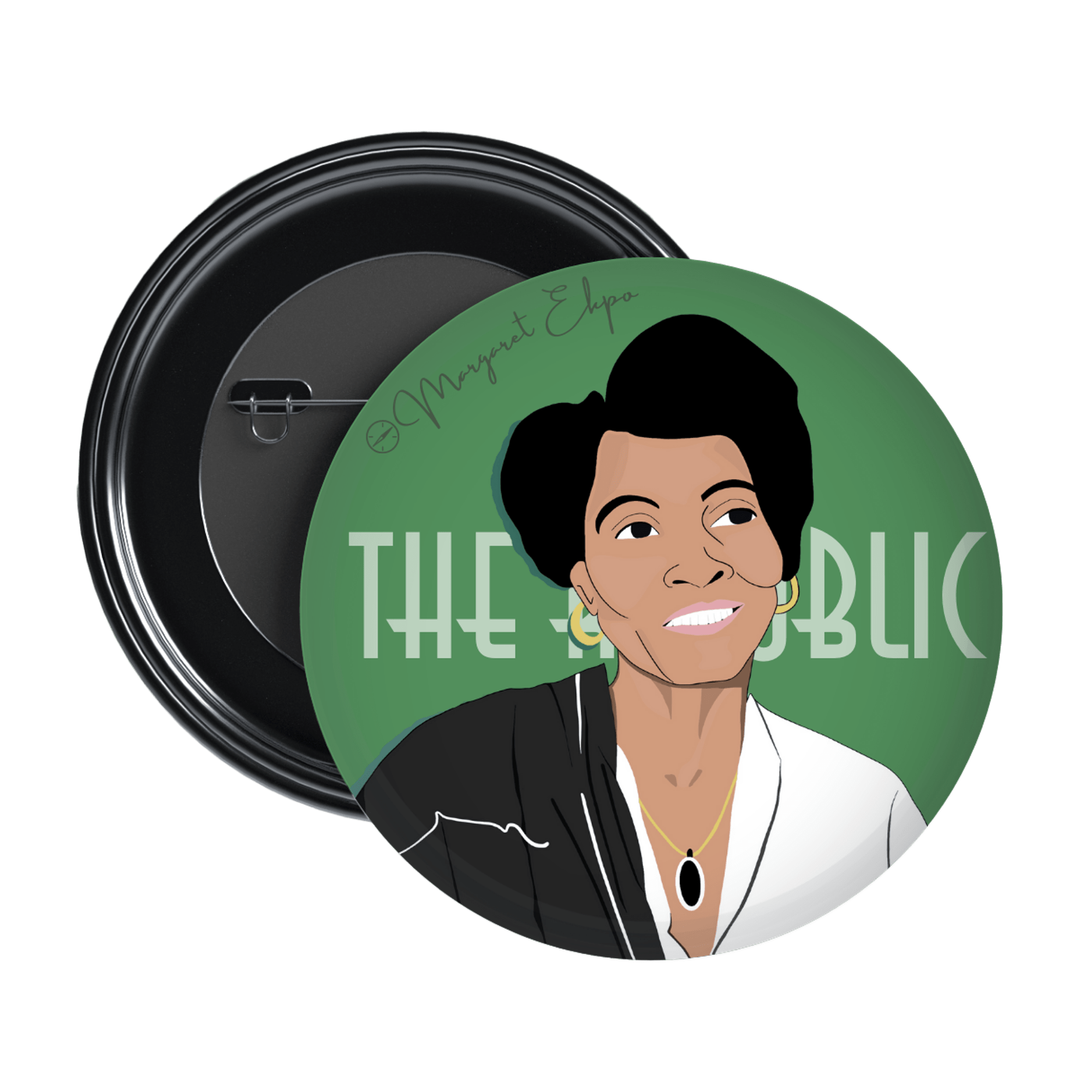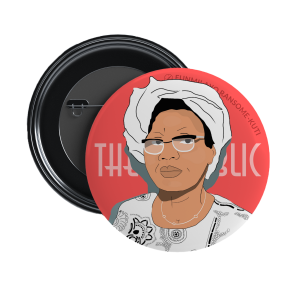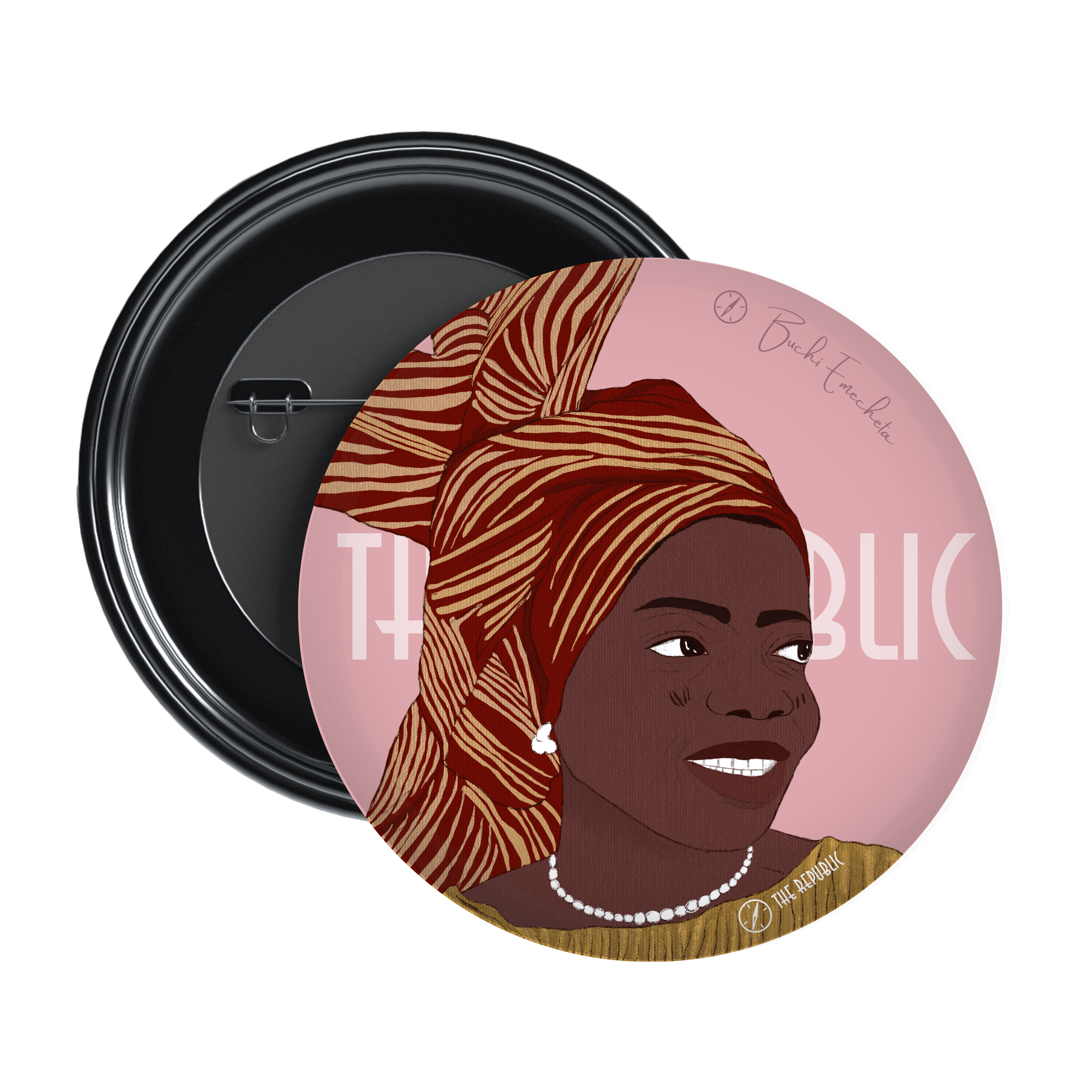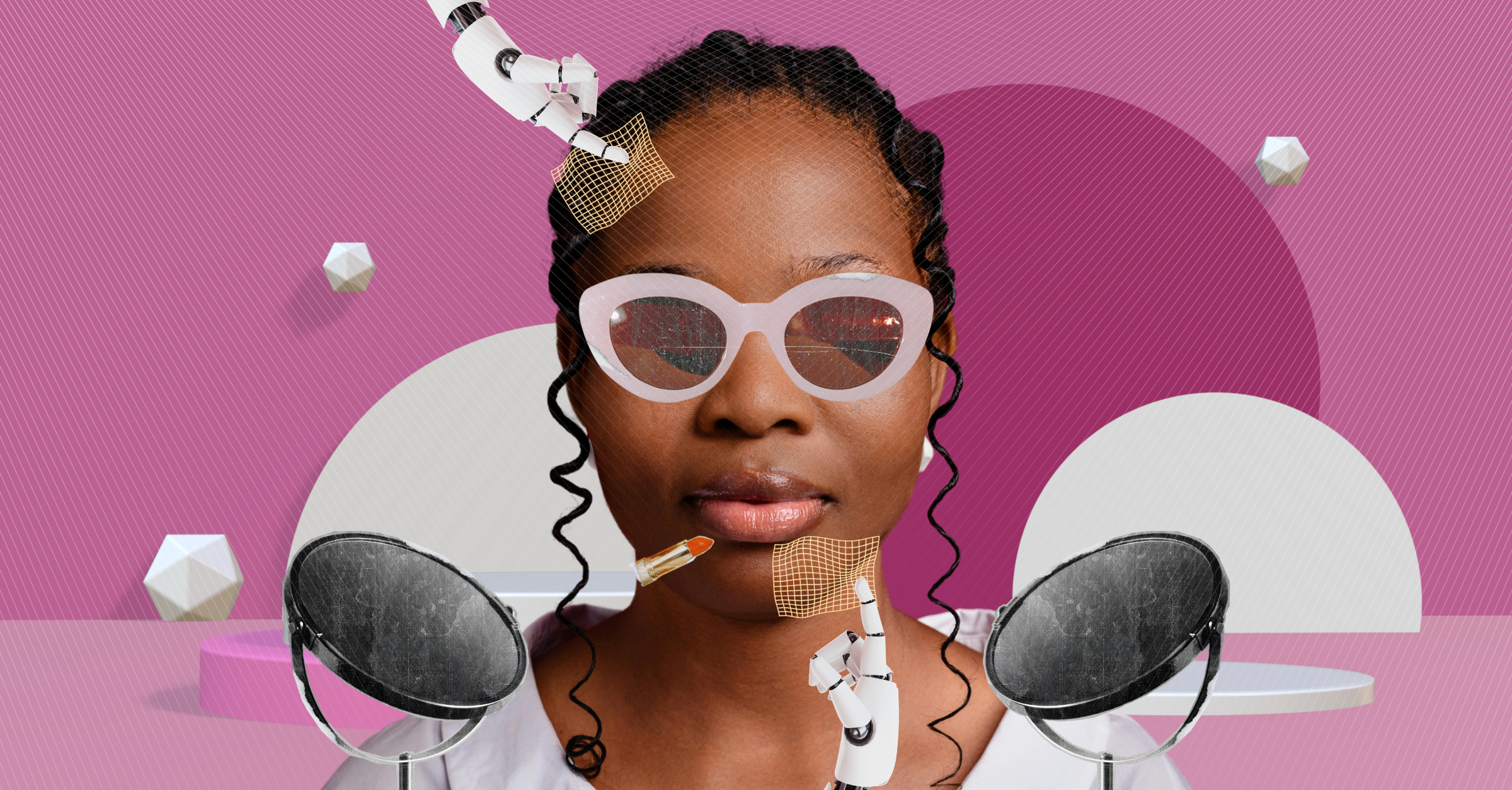
Photo illustration by Dami Mojid / THE REPUBLIC.
the ministry of CULTURAL AFFAIRS
A New Era of African Beauty

Photo illustration by Dami Mojid / THE REPUBLIC.
the ministry of CULTURAL AFFAIRS
A New Era of African Beauty
Africa holds a significant position in the world of beauty and technology. The region has equally played a pioneering role in the history of both beauty and technology. The earliest use of cosmetics can be traced back to Africa, specifically Egypt. Exfoliation, cleansing, and moisturizing were practices held in high esteem by ancient Egyptians dating back to Cleopatra’s era, (from 69BC to 30BC). The application of modern makeup staples was first commonly found as part of Egyptian life including the use of black antimony-based paint as eyeliners. As for technology generally, Africa has the world’s oldest record of human technological achievement, such as metallurgy. Yet, it seems that over the centuries, the pace of Africa’s technological advancement has slowed in certain aspects compared to the developed world; one specific area being the African beauty industry. However, it would be wrong to make such a conclusion. In fact, there are two words that can be accurately used to describe the African beauty industry today: growth and malleability.
THE GLOBAL ACCLAIM AND REPRESENTATION OF A-BEAUTY INDUSTRY
The beauty industry in Africa heavily leans on the power of nature and natural ingredients which are passed through several generations. Some ingredients that form integral components of African beauty include Shea butter, baobab, marula, palm kernel, and Kalahari oils, among others.
The African beauty industry is growing from a background of local traditional practices to a place of intercontinental acclaim. The natural ingredients which form many African beauty products are steadily transitioning from African household names into ingredients that are sought after by international luxury beauty brands. A-Beauty, a term that denotes beauty items that originate from Africa, is gradually becoming a global phenomenon. For example, black soap, popularly known as ‘oṣẹ Dúdú’ or ‘alata samina’ which was produced by Yoruba women in West Africa centuries ago, continues to gain popularity in the US and Europe. The recipe for this traditional soap, packed with phytochemicals, which help to protect the skin from the effects of ultraviolet radiation; and rich in antimicrobial, antioxidant, and exfoliating properties; was passed from one generation to the other by mothers teaching their daughters. Now, the beauty market is increasingly noting the benefit of using black soap, which the beauty publication, Byrdie, describedas a ‘next-level face cleanser.’ According to the African Black Soap Market Report which was updated in March 2024, the African black soap market is expected to grow at a compound annual growth rate of 6.82 per cent from 2023 to 2030.
Potentially more popular than black soap, shea butter has more beneficial properties. It is known in Burkina Faso as ‘Women’s Gold’ due to its worldwide demand. For centuries, African women have turned the nuts of the shea tree into butter to help their bodies endure the harsh climate. Its use dates back to the era of Queen Cleopatra, when it was packed in large clay jars for its cosmetic and healing properties. Now, shea butter has become a global commodity. Earlier this year, at the 2024 Shea Annual Conference organized by the Global Shea Alliance in Abuja, Nigeria, the director-general of the World Trade Organization (WTO), Ngozi Okonjo-Iweala noted that women make $237 million in direct income from shea-related businesses and that 85 per cent of all shea exports are used as cocoa butter equivalents while 15 per cent are used for cosmetics. According to Okonjo-Iweala:
The cosmetics shea butter market is currently worth over $600 million and it is expected to reach about $850 million by the end of 2027… At the WTO, shea is one of the main agricultural exports of over eight of our members including Benin, Burkina Faso, Côte D’Ivoire, Ghana, Mali, Nigeria and Togo. In Ghana alone, shea butter exports were valued at over $92 million in 2022, and over one million women are involved in this sector.
shop the republic
-
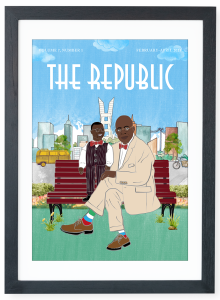 ₦70,000.00 – ₦75,000.00Select options This product has multiple variants. The options may be chosen on the product page
₦70,000.00 – ₦75,000.00Select options This product has multiple variants. The options may be chosen on the product page -
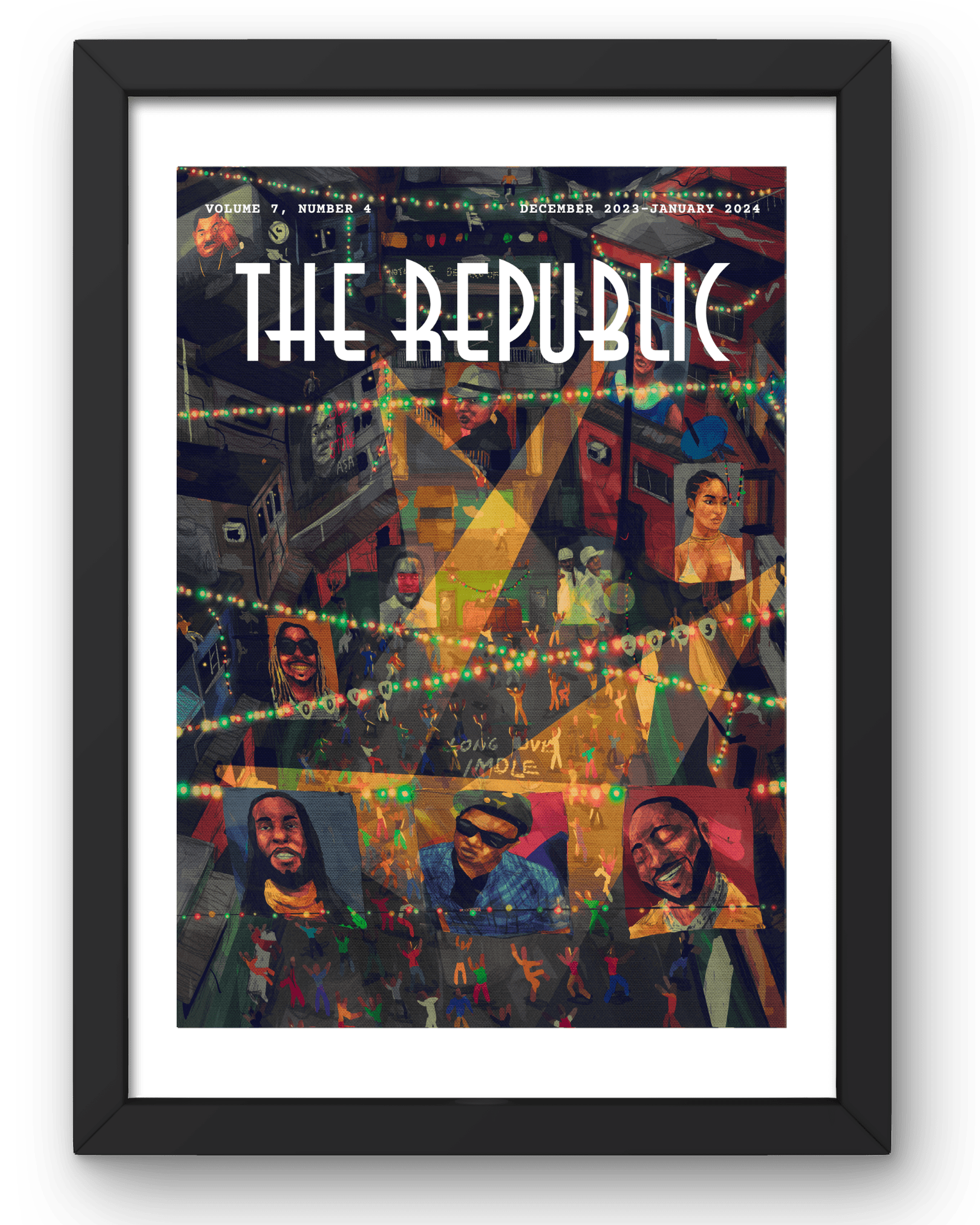 ₦70,000.00 – ₦75,000.00Select options This product has multiple variants. The options may be chosen on the product page
₦70,000.00 – ₦75,000.00Select options This product has multiple variants. The options may be chosen on the product page -
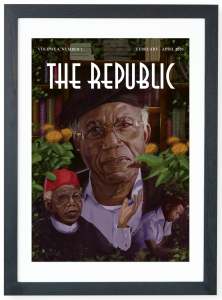 ₦70,000.00 – ₦75,000.00Select options This product has multiple variants. The options may be chosen on the product page
₦70,000.00 – ₦75,000.00Select options This product has multiple variants. The options may be chosen on the product page -
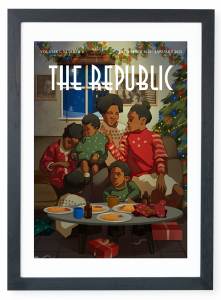 ₦70,000.00 – ₦75,000.00Select options This product has multiple variants. The options may be chosen on the product page
₦70,000.00 – ₦75,000.00Select options This product has multiple variants. The options may be chosen on the product page
shop the republic
-
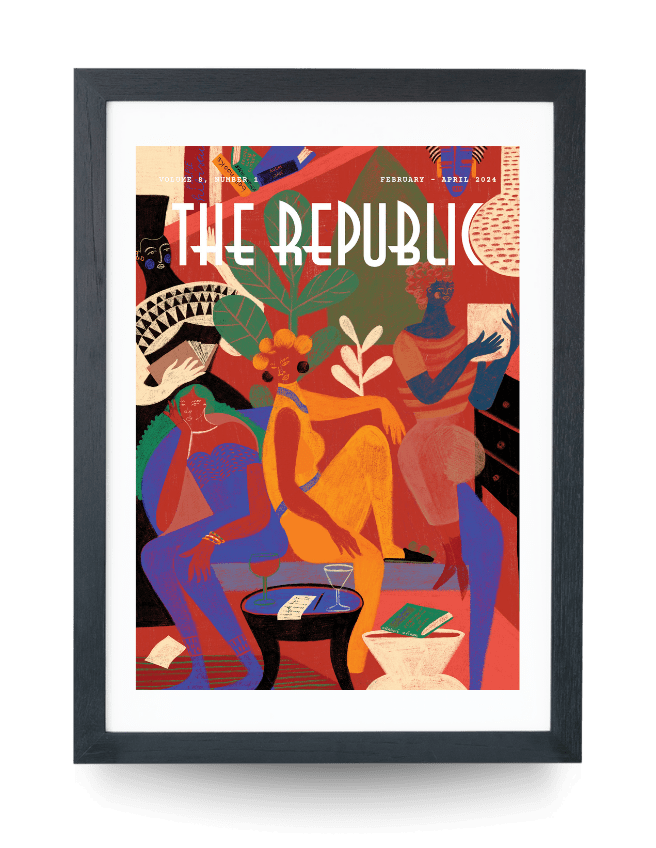 ₦70,000.00 – ₦75,000.00Select options This product has multiple variants. The options may be chosen on the product page
₦70,000.00 – ₦75,000.00Select options This product has multiple variants. The options may be chosen on the product page
Shea butter is now a vital ingredient of many international beauty products such as First Aid Beauty’s Ultra Repair Cream, L’Occitane’s Shea Butter Ultra Rich Body Cream, Jergens Deep Conditioning Shea and Chagrin Valley’s Cocoa Whipped Butter Body Lotion. At the conference, the WTO director-general didn’t shy away from mentioning the wide revenue gap between local African producers and the international beauty industry, created by the massive export of shea butter to developed countries. She said, ‘We have to look at how African women can further benefit from this sector.’ Yet, even in the presence of this disparity, there is no denying the global force that shea butter has become. Grand View Research, which analysed the shea butter market in 2022, showed that the global shea butter market size was valued at $2.17 billion in 2022 and is expected to grow at a compound annual growth rate of 7.1 per cent from 2023 to 2030. Both shea butter and black soap highlight the growth and malleability of the African beauty industry.
According to a 2024 report by Credence Research, as of 2022, the African beauty and personal care market was valued at $62 billion. In 2024 alone, the market is predicted to generate $65.93 billion. Beyond the increase in revenue and the attainment of global acclaim, the African beauty industry is also growing in terms of representation and celebration of identity. There has been a recent surge of African beauty brands that are focused on meeting the skin and beauty needs of the African consumer who has been underserved for so long. For a long time, Africa was regarded as one monolithic entity by the non-African leaders in the beauty industry. The diverse shades and types of African skin, the peculiarities of different kinds of African hair, as well as the specific beauty needs and preferences of the wide variety of people that make up the continent were not properly addressed by Western beauticians. Now, there is a surge of passionate African entrepreneurs who are determined to properly serve Africans while upholding cultural heritage, leaning on natural ingredients, and taking advantage of technological advances to meet the demands of the modern African consumer.
shop the republic
AFRICAN BEAUTY AND TECHNOLOGY: THE INTERSECTIONS
The past few decades have witnessed deepened intersections between technology and beauty. The existence of virtual makeover software dates back to 1998. However, the existence of smartphones, and worldwide digitalization, has resulted in a surge in the interweaves between technology and beauty. L’Oreal, a global leader in the beauty manufacturing and marketing industry, launched its first technology incubator in 2012. The twenty-six-person team, headed by Guive Balooch, global vice president of L’Oreal’s technology incubator, researched and created its way into a future of technology-integrated beauty. This incubator birthed tech-based beauty products like L’Oreal’s Make-Up Genius, Smart Hair Brush, and Facebook messenger bot. The French multinational beauty and personal care retailer, Sephora, debuted its Smart Mirror in 2014. Powered by AR technology, the Smart Mirror simulates make-up products on users’ faces, showing them what they would look like in real-time without them having to upload a photo. The multinational cosmetic manufacturing and marketing company, Estee Lauder’s YouCam Makeup is a virtual try-on solution that allows users to try makeup products from the comforts of their homes. While oils and ointments still make up an integral part of it, modern technology has taken centre stage in the world of beauty, and it has come to stay.
Some important technological trends in the beauty industry right now include virtual try-ons and augmented reality, AI-powered skin analysis and lip care, wearable beauty devices, automatic hair analysis, 3D printed makeup, and metaverse for beauty, among others. The A-Beauty industry is allowing itself to be shaped by these innovations, with important terminologies like personalization, artificial intelligence and smart skin analysis becoming integral parts of African beauty offerings. This move is not just about flowing with the tides of current trends, but about bridging gaps in African beauty that were formerly considered impossible and meeting specific needs of modern African beauty consumers.
‘I was tired of needing so many different products to achieve my desired goals,’ Rochelle Smith, founder of South African haircare brand, Lumiere Beauty, told me in an email. The central offering of this Cape Town-based haircare brand is Personalized Hair Care. ‘Salon products were crazy expensive, and I always felt like the drug store products just fell a bit short of what I was trying to achieve,’ Smith said.
As more Africans continue to embrace their natural hair, there is an increasing demand for products that cater to the specific needs of African hair. Lumiere is shaped to meet these needs, providing products that can be customized, and which are made from natural and organic ingredients that actively promote healthy hair. Lumiere uses an AI-based platform that provides a thorough quiz for customers, paying attention to details like their desired hair goals and personal preferences such as fragrances and colours of products. It also assesses their preferred choice of packaging (recyclable glass bottles or refillable pouches). Lumiere seeks to not just recommend a couple of products that will be suitable for different hair types and goals but to go a step further to formulate customized products for their customers. Lumiere believes this strategy will keep them ahead of market demand, as 80 per cent of consumers are reportedly more likely to make a purchase when brands offer personalized experiences. ‘All of our products; shampoo, conditioner, hair masks, among others, all products we launch will always be customizable or personalizable. It is part of what makes us well, us,’ Smith said.
Expanding on how Lumiere integrates technology into beauty, Smith explained that, ‘Our website is a valuable asset for us in the way we designed and created our quizzes. We formulate according to the quiz. We have a lab that creates our products, and we do the rest ourselves.’ The quizzes probe into a customer’s hair type, hair needs, and goals. Upon selecting answers, customers are presented with a portfolio of natural and organic ingredients which have been scientifically tested and proven to provide the desired results. These ingredients are then used to formulate products that specifically meet the customer’s hair needs.
shop the republic
‘Our move into digital beauty started in October 2023,’ Olufunke Tonye-Preghafi, founder of Nigerian beauty brand, Blot Beauty, told me. Like Lumiere, Blot Beauty didn’t just dive into beauty-tech integration for the sake of it. Rather it was a move directed at meeting specific challenges the African beauty community faced. One main challenge that many African beauty consumers can relate to is the difficulty in finding beauty products that are exactly suited for their specific skin tones. ‘Our market research initiative involved surveying our community of beauty enthusiasts to discern prevalent challenges in the African beauty experience.’ The main highlights of Blot Beauty’s integration with technology are digital shade marking, personalized skin care, and virtual try-ons. Tonye-Preghafi explained that:
Blot Beauty leverages augmented reality to provide virtual try-ons for its makeup products. We teamed up with Perfect Corp to offer this to our users. Through the Blot Beauty website, customers can virtually apply different shades of foundation, lipstick, eyeshadow, and more; allowing them to see how the products will look on their skin tone before making a purchase. This interactive experience not only increased engagement but also empowered customers to make informed decisions about which products best suit their preferences and skin tones.
Incorporating digital technology into their offerings has revolutionized the customer experience for Blot Beauty. ‘These advancements have enabled our customers to explore our products more efficiently and confidently, leading to higher satisfaction and engagement levels,’ Tonye-Preghafi said. ‘Overall, leveraging digital technology has allowed us to provide a seamless and personalized beauty journey, enhancing the connection between our brand and our customers.’ By personalizing the beauty experience and increasing customer satisfaction, Blot Beauty has benefitted from taking the bold leap into beauty-tech integration. According to Tonye-Preghafi, ‘This incorporation has boosted our sales, social value, and reach.’
However, stepping into new waters can be daunting, and launching into beauty-tech integration is not a run-off-the-mill kind of process. Smith intimated that ‘AI only came along for us very recently. And we don’t really use it for product development. We use technology in regard to our web hosting and website build.’ According to Tonye-Preghafi, ‘incorporating technology is not cheap and keeping up with the digital updates is a very expensive process.’ Beyond the financial weight that these projects can carry, Tonye-Preghafi explained, ‘a lot of effort goes into customer education in terms of getting people to navigate our platform and experience this technology.’ Truly, what is the point of providing a service if those for whom it is provided do not know how to navigate the offering? Tackling this challenge requires ‘continued customer education,’ Tonye-Preghafi said.
Despite these challenges, Tonye-Preghafi believes the Nigerian beauty market is a fertile ground for the seeds of beauty-tech integration and innovation. According to Tonye-Preghafi, ‘The Nigerian beauty market has demonstrated an increasing reception to beauty tech integration, marking a significant shift towards embracing emerging trends.’ She also explained that:
However, it is essential to acknowledge that this journey towards incorporating technology into beauty practices is ongoing. Exposure to the global beauty industry and trends is crucial for staying ahead and ensuring continuous innovation within the African market. This dynamic environment shows the importance of remaining adaptable and proactive in adopting new technologies to meet evolving consumer needs and preferences.
The A-Beauty industry is growing steadily, and by being so malleable, it is allowing itself to be shaped in a way that is bringing it on par with global beauty markets and allowing it to meet the needs of the African beauty consumer in innovative ways. Technology continues to weave itself into A-Beauty, as Africans become more exposed to its limitless use cases. With the beauty tech market in Africa predicted to reach $73.48 million in 2024, the industry is positioning itself as a fertile ground for innovation and growth⎈
shop the republic
BUY THE MAGAZINE AND/OR THE COVER
-
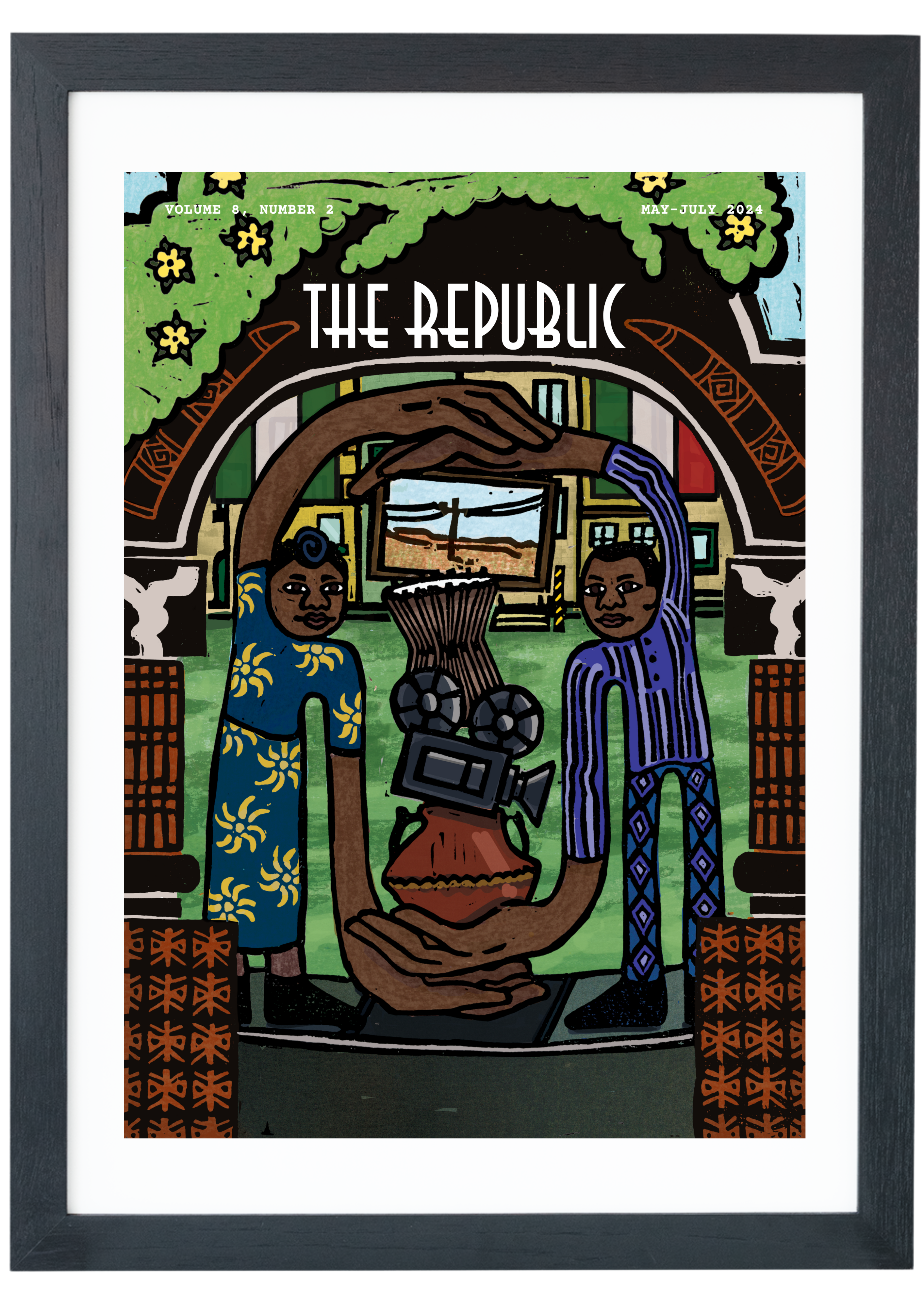 ₦140,000.00 – ₦150,000.00Select options This product has multiple variants. The options may be chosen on the product page
₦140,000.00 – ₦150,000.00Select options This product has multiple variants. The options may be chosen on the product page -
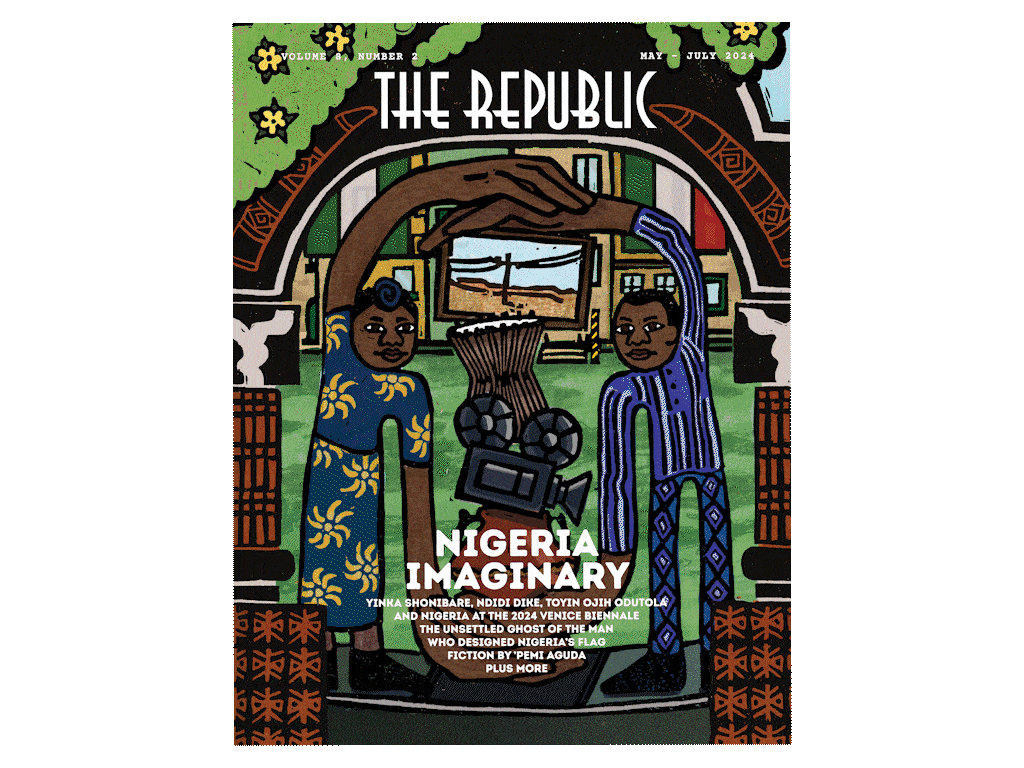 ₦10,000.00 – ₦30,000.00Select options This product has multiple variants. The options may be chosen on the product page
₦10,000.00 – ₦30,000.00Select options This product has multiple variants. The options may be chosen on the product page




